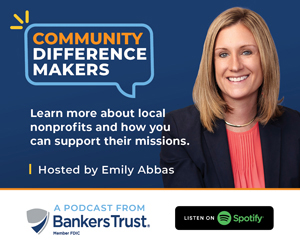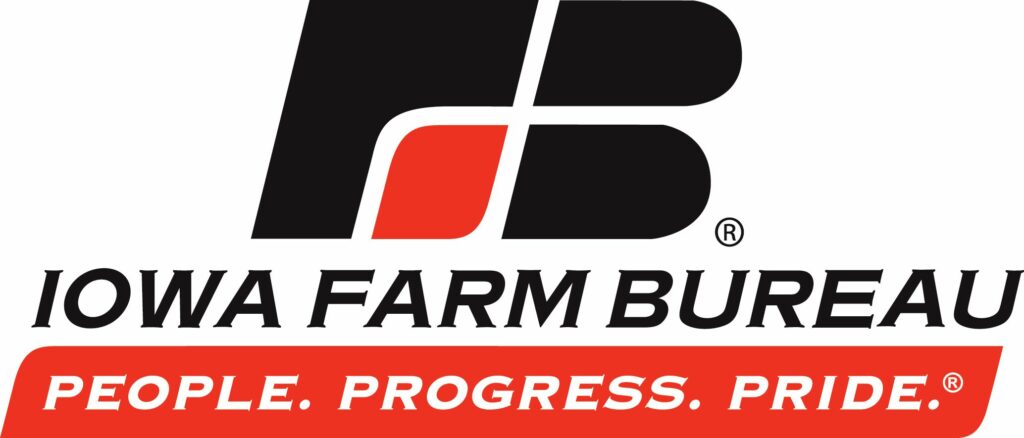IWLC conference: Embrace an age-diverse workforce

More than 850 Central Iowa women and college students heard from renowned keynote and breakout session speakers at the sixth annual Iowa Women Lead Change (IWLC) Central Iowa Conference.
The theme of this year’s event, “Generation SHE,” was developed in concert with past IWLC conference attendees who shared an interest in leading in an age-diverse workforce. Driven by demographic shifts and increasing digitization of work, companies are challenged with managing generationally diverse teams that are connecting with each other and in new ways.
“Today’s workforce is a multi-generational one, and each generation has its own set of expectations, needs, values and working styles,” said Liz Nilsson-Halder, IWLC Central Iowa Conference chair and assistant vice president and chief information officer at Principal Financial Group Inc. “While generational diversity in the workforce promotes a broader range of talent, it can often mean conflicting ideas and stereotyping. Recognizing and understanding generational differences can help everyone learn to work together more effectively and transform a workplace from a generation war zone to an age-diverse and productive team.”
The daylong conference, held at the Iowa Events Center in Des Moines, was filled with presentations from nationally recognized female leaders, educational sessions, networking and skills training that were designed for personal and professional development. Conference attendees heard from a slate of speakers who spanned multiple generations, mirroring the makeup of today’s workforce. Speakers shared their personal experiences in proactively navigating generational issues in the workplace.
Conference attendees heard from Anne-Marie Slaughter, author of The Atlantic’s most-read article, “Why Women Still Can’t Have It All.”
Slaughter reminded attendees that the work of care is equal to winning and competition. “We raise our daughters to be everything we want them to be,” she said. “We assume caregiving will be a part of their lives, and we’re raising our sons like we’re in the 1950s. We need to raise our sons to be breadwinners and caregivers.”
Dana Points, content director for Meredith Corp.’s Parents Network brands, discussed the importance of balance in a woman’s life. She encouraged listening to choose experiences over things and reminded them that “doing stuff is a more powerful promoter of enduring happiness.”
“Balance is BS. Ninety-seven percent of moms feel guilty of this challenge of balance and how they react to it,” she said. “Choose time over money. Choose time and be happier and more satisfied.”
Breakout sessions focused on raising awareness of what it means to embrace a diverse workforce. This message was delivered by Dr. Angela Franklin, president of Des Moines University. Kim Martin, chief brand officer at Meredith Corp., touched on the importance of developing a strong and robust millennial growth strategy in organizations. Local professionals Glennda Bevins, Carole Chambers, Sheila Kinman and Emily Torbio shared how they build their professional and personal networks and how they continue to strengthen these important relationships.
The conference concluded with an intimate conversation between Tiffany O’Donnell, IWLC’s chief operating officer, and Sara Blakely, founder and owner of Spanx Inc.
The self-made female billionaire shared her mission to empower women and her dedication to female entrepreneurs. She told the crowd about the challenges she faced as she built her company, starting out in her small apartment. Blakely shared her vision about her new book, “The Belly Art Project: Moms Supporting Moms,” featuring 100 women who came together and used unlikely canvases — their bellies — as billboards of hope.
At the conclusion of the conference, O’Donnell also announced the kickoff of the Lead Iowa Campaign Challenge, an effort by IWLC to raise funds for programming dedicated to the advancement, development and promotion of women and the organizations they serve, and to influence Iowa’s economy.










